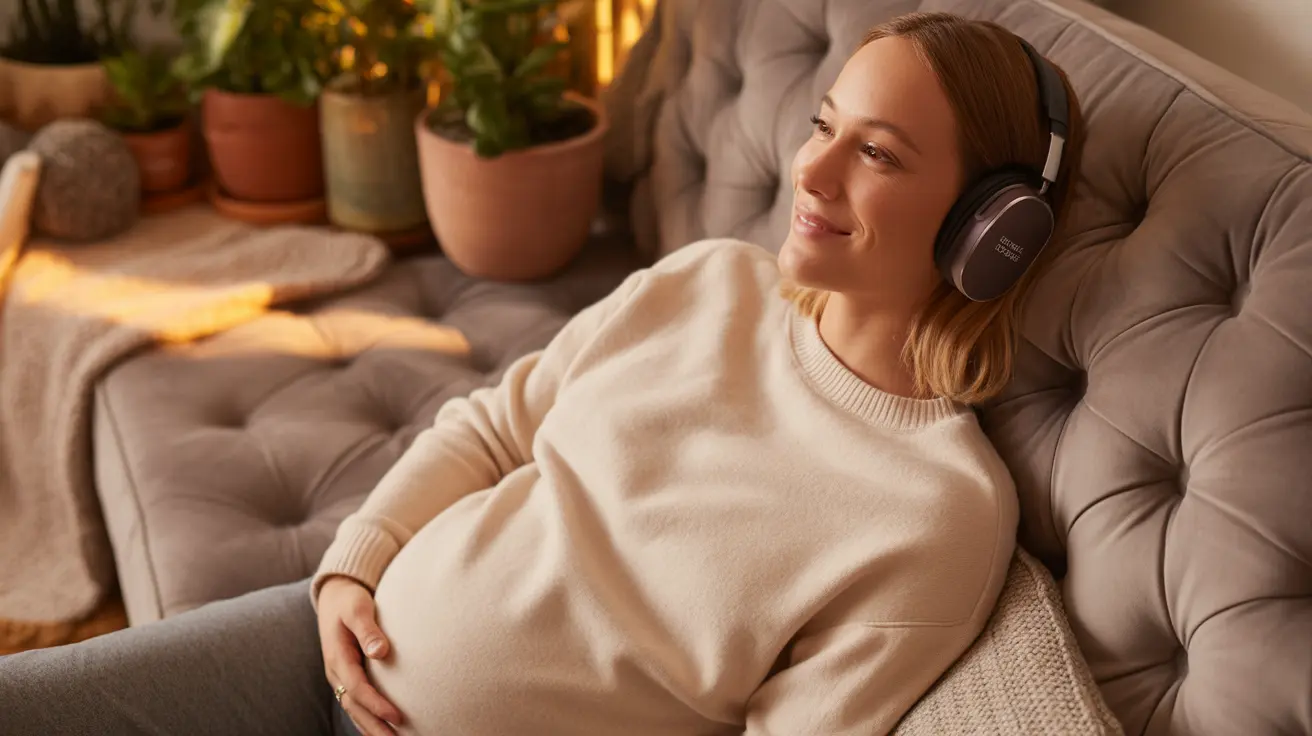Getting proper sleep is essential for both physical health and mental well-being, yet many people struggle to achieve restful nights. Understanding and implementing effective sleep strategies can dramatically improve your sleep quality and overall health. This comprehensive guide will explore evidence-based methods to help you sleep better and wake up feeling refreshed.
Creating an Optimal Sleep Environment
Your bedroom environment plays a crucial role in determining sleep quality. Start by keeping your room cool, ideally between 60-67°F (15-19°C). Ensure your space is as dark as possible using blackout curtains or an eye mask, and minimize noise disruptions with earplugs or a white noise machine if needed.
Invest in a comfortable mattress, supportive pillows, and breathable bedding that suits your preferences. These elements form the foundation of good sleep hygiene and can significantly impact how well you rest each night.
Establishing a Consistent Sleep Schedule
Your body's internal clock, or circadian rhythm, thrives on consistency. Try to go to bed and wake up at the same times every day, even on weekends. This regularity helps train your body to naturally feel sleepy and alert at appropriate times, making it easier to fall asleep and wake up refreshed.
Developing a Relaxing Bedtime Routine
A calming pre-sleep routine signals to your body that it's time to wind down. Consider these activities 30-60 minutes before bed:
- Reading a book
- Practicing gentle stretching or yoga
- Taking a warm bath or shower
- Using relaxation techniques like deep breathing
- Listening to calming music or meditation guides
Managing Light Exposure
Light exposure significantly influences your sleep-wake cycle. During the day, get plenty of natural sunlight to maintain healthy circadian rhythms. As evening approaches, reduce exposure to blue light from electronic devices, which can suppress melatonin production and make it harder to fall asleep.
Digital Device Management
To minimize blue light exposure, try these strategies:
- Use blue light filtering apps or glasses
- Enable night mode on devices
- Stop using electronic devices 1-2 hours before bed
- Keep phones and tablets out of the bedroom
Physical Activity and Sleep
Regular exercise can significantly improve sleep quality, but timing matters. Aim to complete moderate to vigorous exercise at least 3 hours before bedtime. Morning or early afternoon workouts are ideal for promoting better sleep while avoiding the stimulating effects of exercise too close to bedtime.
Diet and Sleep Connection
What you eat and drink can impact your sleep quality. Avoid large meals within 2-3 hours of bedtime, and limit caffeine intake after midday. While alcohol might make you feel drowsy initially, it can disrupt sleep patterns later in the night. Stay hydrated throughout the day, but reduce fluid intake close to bedtime to minimize nighttime bathroom trips.
Frequently Asked Questions
What are some effective ways to improve sleep quality at home?
Focus on maintaining a consistent sleep schedule, creating a dark and cool bedroom environment, and establishing a relaxing bedtime routine. Limit screen time before bed and ensure your mattress and pillows provide proper support.
How can I create a relaxing bedtime routine to help me fall asleep faster?
Develop a consistent routine that includes calming activities like reading, gentle stretching, or meditation. Start this routine 30-60 minutes before bed and avoid stimulating activities or bright lights.
What are the best practices for optimizing my bedroom environment for better sleep?
Keep your bedroom cool (60-67°F), dark, and quiet. Use comfortable, breathable bedding, and remove electronic devices. Consider using blackout curtains, white noise machines, or earplugs if needed.
Is it safe to use melatonin supplements regularly to help with sleep?
While melatonin is generally considered safe for short-term use, it's best to consult with a healthcare provider before starting any sleep supplement regimen. Focus on natural methods to improve sleep before turning to supplements.
How does regular physical activity impact my ability to sleep well at night?
Regular exercise can improve sleep quality and duration, but timing is important. Aim to exercise earlier in the day and finish intense workouts at least 3 hours before bedtime to allow your body temperature and energy levels to normalize.




